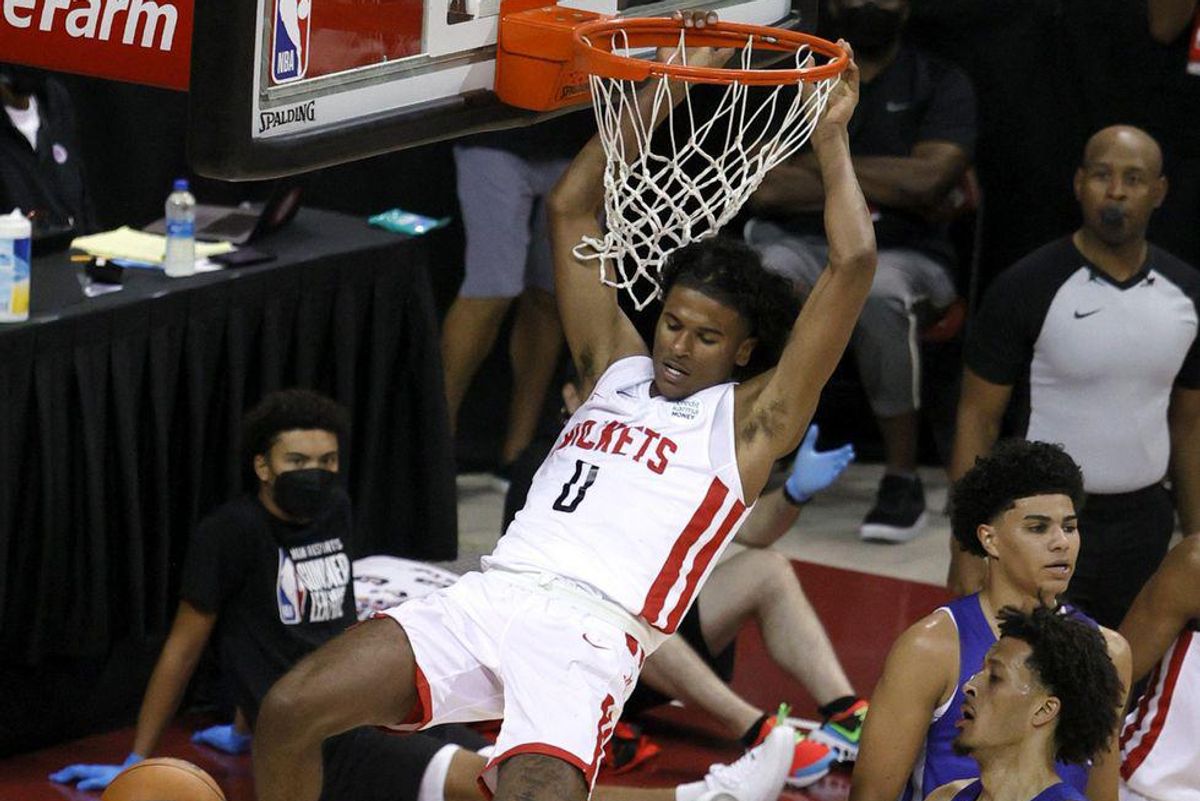A LOOK AHEAD
Here’s why your sports-viewing experience may soon change forever
Jan 27, 2022, 1:10 pm
A LOOK AHEAD

ESPN, the worldwide leader in sports broadcasting, will not send reporters to Beijing to cover next month’s Winter Olympics, the most worldly of sports events.
Reason: Covid 19, plus China’s no-nonsense restrictions on people who test positive, possibly with a splash of reaction to China’s human rights policies.
Announcers covering far flung sports events from studios back home is nothing new, however. Just the reasons have changed.
In the early days of sports broadcasting, technological limitations kept announcers at home while teams hit the road. Remote coverage of TV sports is gaining popularity again, not necessarily with announcers and fans, but definitely with bottom line accountants. It’s simply cheaper for announcers to sit in a hometown studio and describe the action by watching a TV. Plus teams are keeping announcers off the road as a Covid safety measure.
While on the surface, it’s easy to dismiss remote coverage of sports as a lesser experience for viewers, there are advantages (at least minimal disadvantages) to having announcers cover games off a TV feed.
In most football stadiums, including NRG Stadium in Houston, announcers are sitting way way upstairs on the nosebleed level. They’re mostly watching the game on a press box TV, anyway. They may as well be in a studio, watching a wall of TVs showing 20 different angles of every play.
It’s not like today’s announcers hang out with players during road trips gaining insight to teams. Those days of announcers and journalists playing footsie, sharing confidences and covering for each other’s (ahem) indiscretions are long over.
I once asked a veteran play-by-play announcer for one of Houston’s major pro sports teams, “What’s (the star of the team) like on road trips?” He answered, “I have never said one word to him. The broadcast team and the players travel on the same plane, stay in the same hotel, but that’s the extent of our connection. We don’t mingle, it’s just not done.”
ESPN announcers have been calling college basketball games, especially those involving smaller schools, from studios in Bristol Connecticut for the past decade. Who knew? If the announcer is talented, fans watching on TV can’t tell the difference.
Rockets play-by-play announcer Craig Ackerman is talented. I told a friend, a big Rockets fan, that I was writing about many sports announcers doing games remotely and mentioned that Ackerman is broadcasting Rockets road contests from a studio in Houston. My friend was surprised. Points, Ackerman.
After starting the 2021-22 season traveling with the Rockets, Ackerman and color analyst Ryan Hollins were pulled off the road on January 1 due to the Omicron surge.
“It’s obviously doable, but ultimately less than ideal,” Ackerman said. “ I'll start by saying the positive about working remotely and not traveling is you can avoid the constant packing, unpacking and time spent on an airplane. With the various COVID restrictions, what you also gain by not traveling is not getting stuck on the road if you test positive.”
Ackerman would prefer to be on the road again, though.
“What you miss is being immersed in the atmosphere of the game and feeding off the energy of the crowd. Being a part of the game is vitally important to accurately conveying the tone of that game. What you also miss are some of the nuances of what is taking place off camera. When you are calling a game off a monitor you are at the mercy of what is being shown to you on your screen which is often the same thing that the viewers are seeing. You miss some substitutions, coaches and players' reactions to plays and officials decisions.”
But admittedly,
“When circumstances are typical and normal there's not much of a difference for the viewer or for us for that matter,” Ackerman said.
What does this say about the future of sports broadcasting? Like a bridge that keeps charging tolls long after the bridge is paid off, expect some sports networks, facing rising costs, employee cutbacks and inflation, to keep their announcers at home after the Covid threat lessens.
Oswald Peraza hit a two-run single in the ninth inning to help the Los Angeles Angels snap a three-game losing skid by beating the Houston Astros 4-1 on Saturday night.
Peraza entered the game as a defensive replacement in the seventh inning and hit a bases-loaded fly ball to deep right field that eluded the outstretched glove of Cam Smith. It was the fourth straight hit off Astros closer Bryan Abreu (3-4), who had not allowed a run in his previous 12 appearances.
The Angels third run of the ninth inning scored when Mike Trout walked with the bases loaded.
Kyle Hendricks allowed one run while scattering seven hits over six innings. He held the Astros to 1 for 8 with runners in scoring position, the one hit coming on Jesús Sánchez’s third-inning infield single that scored Jeremy Peña.
Reid Detmers worked around a leadoff walk to keep the Astros scoreless in the seventh, and José Fermin (3-2) retired the side in order in the eighth before Kenley Jansen worked a scoreless ninth to earn his 24th save.
Houston’s Spencer Arrighetti struck out a season-high eight batters over 6 1/3 innings. The only hit he allowed was Zach Neto’s third-inning solo home run.
Yordan Alvarez had two hits for the Astros, who remained three games ahead of Seattle for first place in the AL West.
Peraza’s two-run single to deep right field that broke a 1-1 tie in the ninth.
Opponents were 5 for 44 against Abreu in August before he allowed four straight hits in the ninth.
Astros RHP Hunter Brown (10-6, 2.37 ERA) faces RHP José Soriano (9-9, 3.85) when the series continues Sunday.
